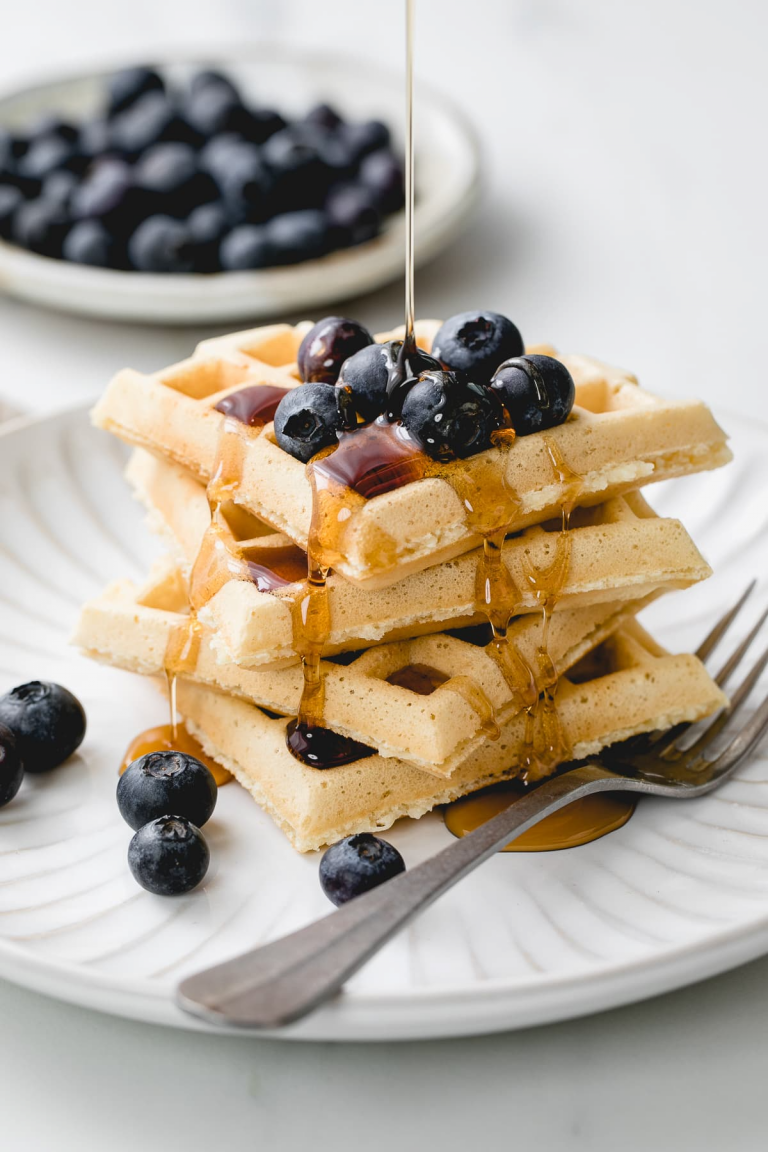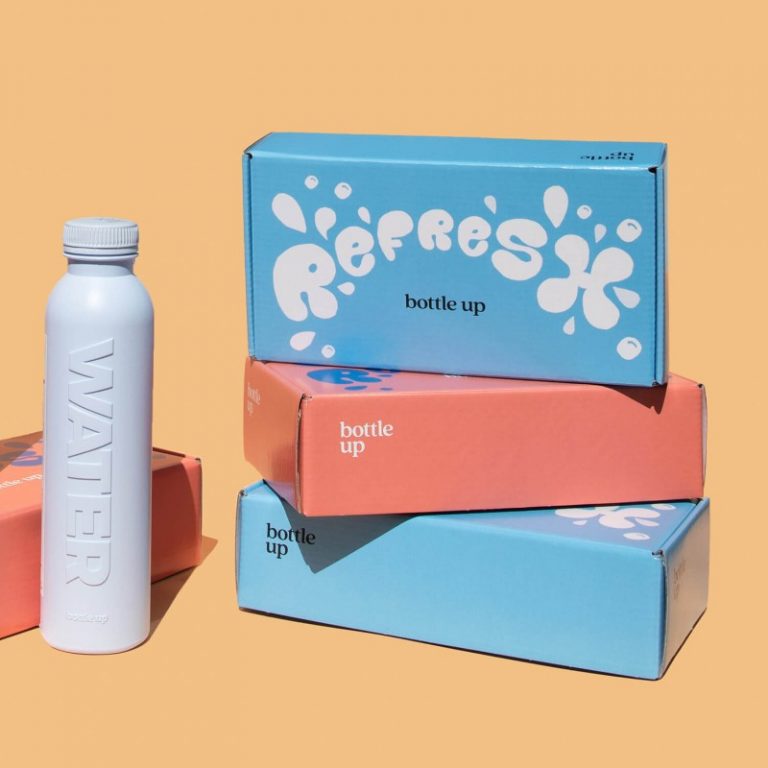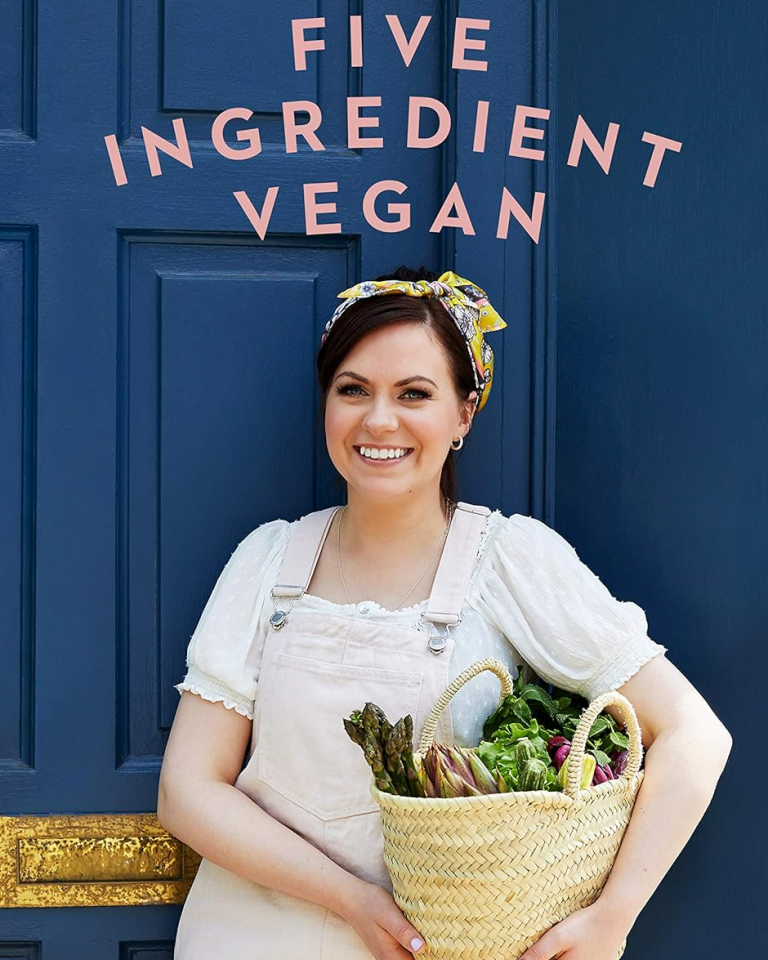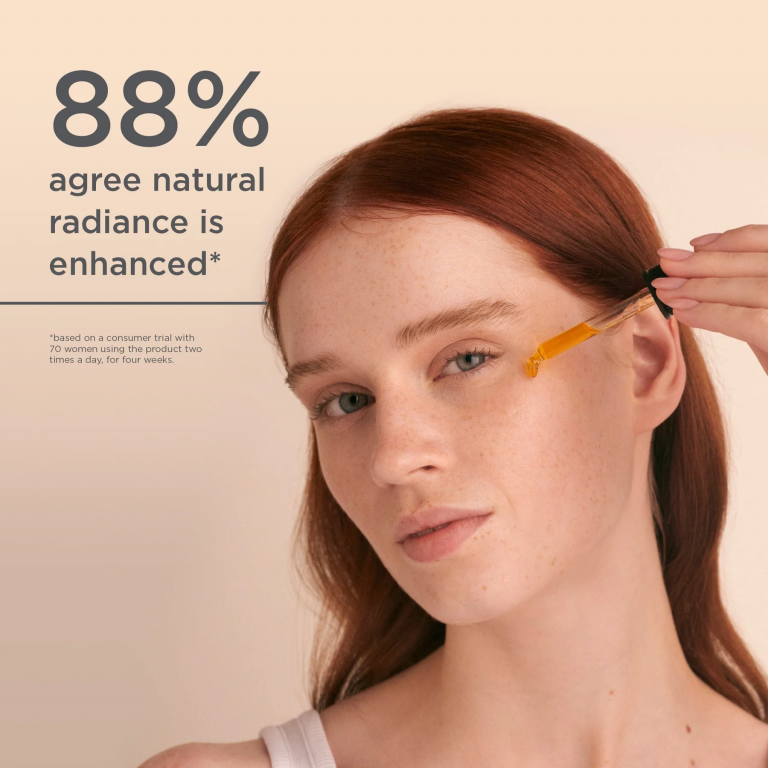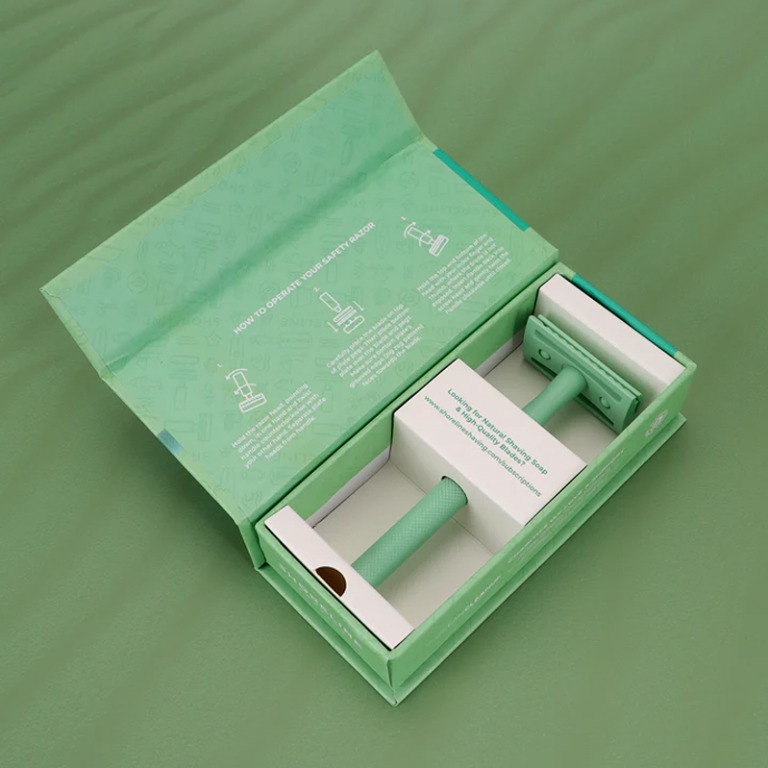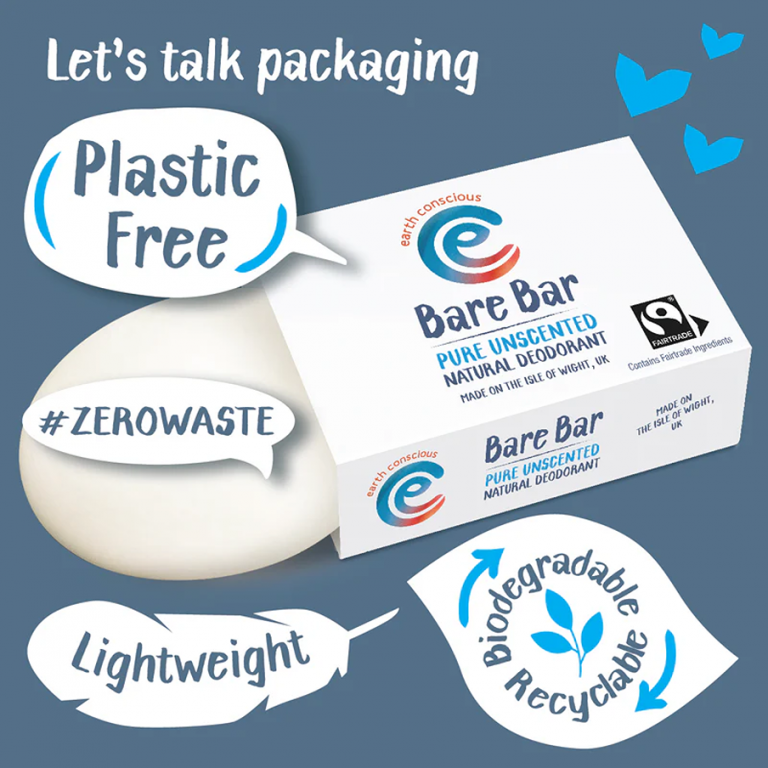Battle Green’s Zero Waste Beauty Masks
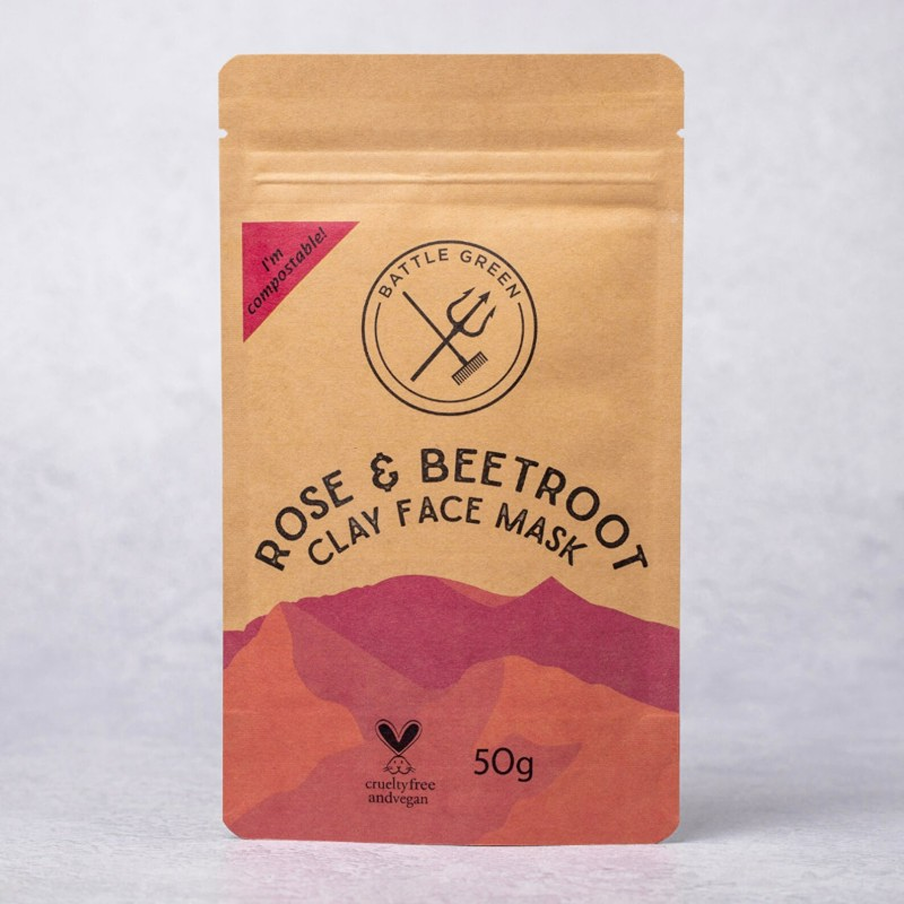
Battle Green Clay Face Masks are sold in compostable brown paper bags. You can buy multi-packs, to save on postage (each sachet gives 5 to 8 applications).
Perform a patch test first (remove immediately and rinse, if irritation occurs). Avoid direct contact with eyes. Avoid essential oils for pregnancy/nursing (avoid shea butter for latex allergies). Keep away from children and pets.
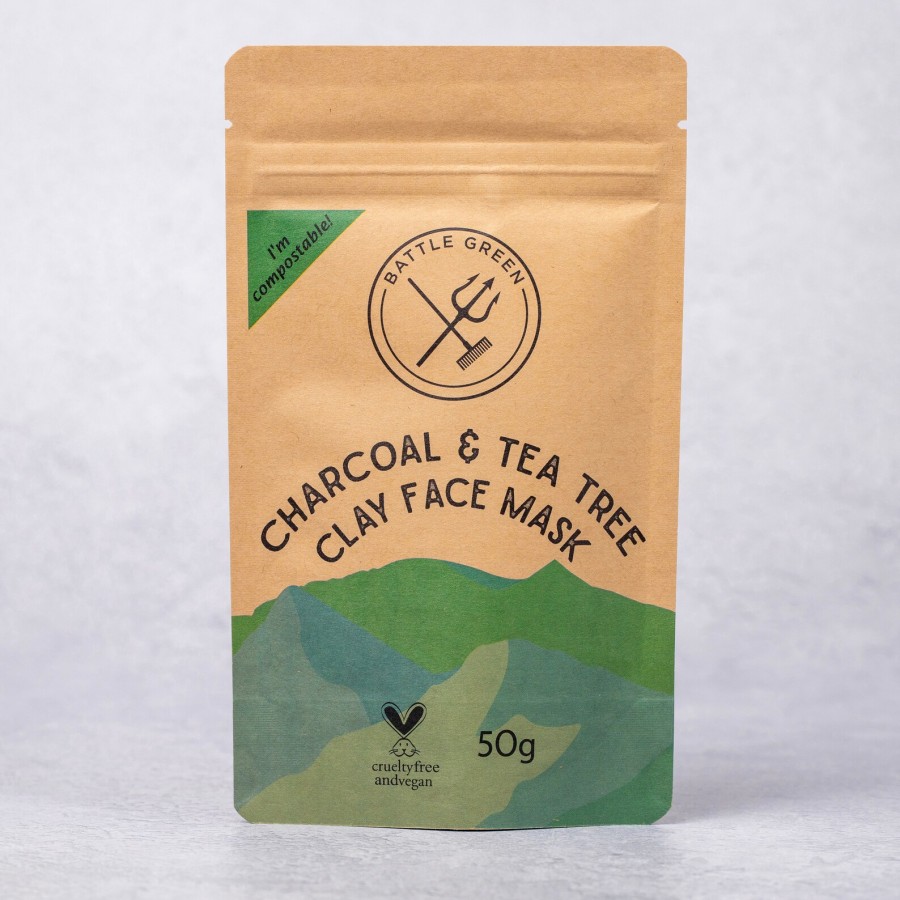
Made with a blend of kaolin and bentonite clays and arrowroot powder, mix one teaspoon with a little water to form a paste, apply and leave on your skin for 5 minutes (until partially dry, don’t let the mask dry completely). Choose from:
- Beetroot Rose (brightening): Contains beetroot and mango powder, and rose geranium essential oil
- Chamomile (inflamed skin): Contains fragrance-free chamomile flower and carrot powders, and turmeric
- Orange Raspberry (exfoliating): Contains upcycled raspberry seeds, with hydrating seaweed powder and brightening sweet orange oil
- Charcoal & Tea Tree (congested skin): Contains upcycled charcoal powder and tea tree oil
Sweet Cecily’s Clay Beauty Masks (in glass jars)
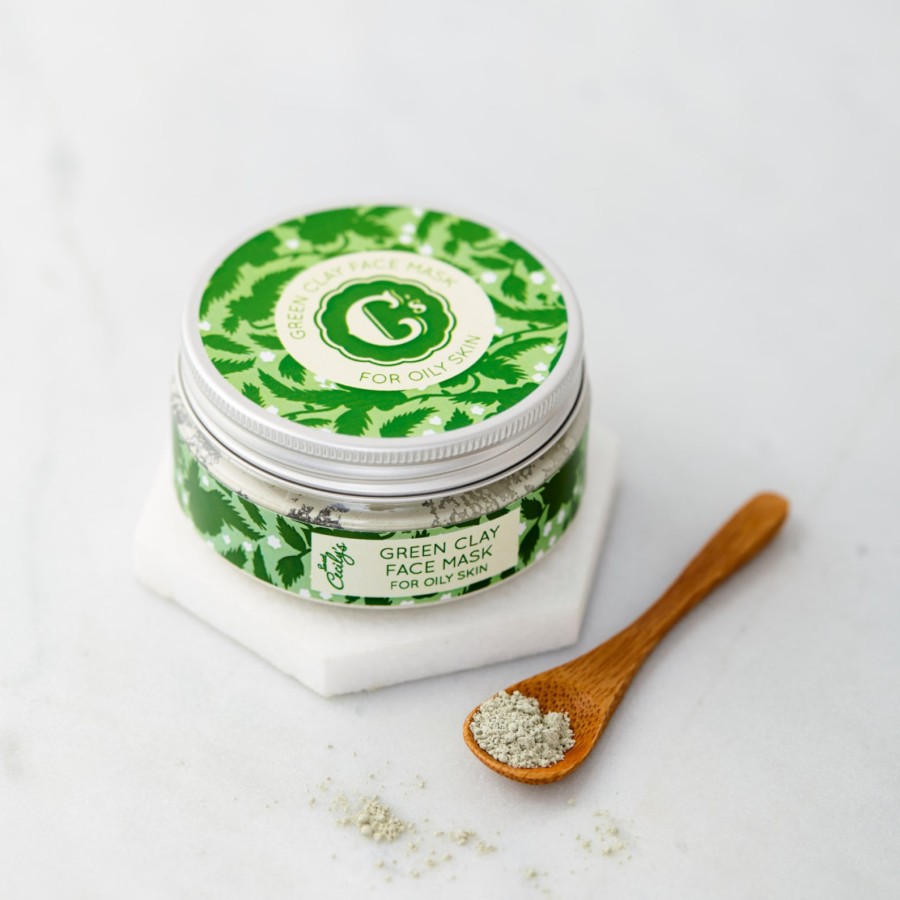
Sweet Cecily’s Green Clay Mask is ideal for oily/congested skin, sold in a glass jar with metal lid. This Whitby company also offers a Pink Clay Mask for dry and sensitive skin.
One jar (around £10) will last ages, as you only need 2 teaspoons per application (mixed with equal amount of water).
Green People Organic Facial Beauty Masks

Green People Purifying Face Mask is made with vegan organic ingredients, sold in easy-to-recycle sugar cane tubes. Made with purifying charcoal, bentonite clay and sustainably-sourced alpine willow.
Ideal for oily or congested skin. Just smooth over clean dry skin, leave for 15 to 20 minutes, then rinse with a damp cloth. Scented with eucalyptus oil.

Green People AHA Radiance Mask is for dry and ageing skin, with 5 types of alpha-hydroxy-acids to promote cellular renewal. Contains extracts of bilberry, rosehip, cranberry and maple sugar, scented with oils of mandarin and neroli. Leave on for up to 15 minutes, then rinse off.
